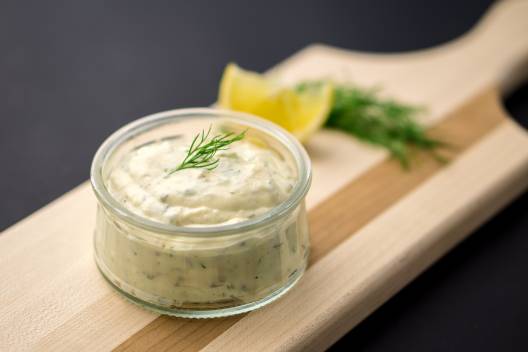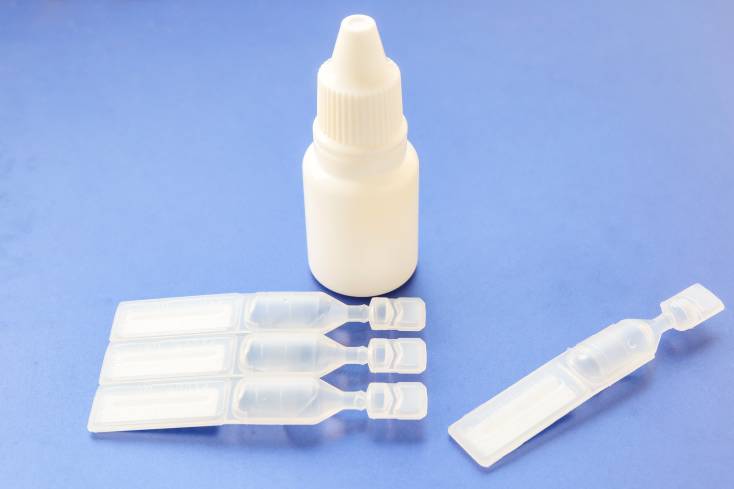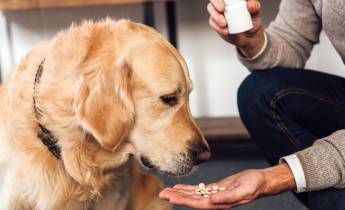Dogs love to explore the world and play with anything they find interesting, including feathers! When it comes to eating and swallowing feathers, is there a problem? Let’s take a look.
Connect with a verified veterinarian in minutes. Licensed vets are available 24/7 to answer your questions. No need to worry about your furry family member.
Why Do Dogs Eat Feathers?
Dogs may choose to eat feathers for various reasons; it’s sometimes difficult to understand from a pet parent’s perspective. Some dogs may like the smell of the feather if it came from a dead bird. Other dogs may like the feel of feathers in their mouths. Why? Who knows for sure!
Can Swallowing Feathers Hurt my Dog?
Most of the time, swallowing a small feather or two (or may be 3-5) won’t cause a problem. This could be down feathers from a blanket or pillow, for instance. Even a larger feather should pass through your pup’s digestive system without any problem. However, if the feather has a long, sharp shaft (such as a goose feather), then this could cause a problem for your canine companion. The shaft of the feather is brittle, and if chewed, can splinter and become lodged in your fur baby’s throat. Or larger sharp pieces could become lodged in the intestines.
There are some additional problems a dog can develop if he eats one or more feathers, including:
Intestinal blockage: some dogs may have a problem digesting bird feathers, especially smaller dogs and those who have eaten a bunch of bird feathers. Eating too many feathers can cause an intestinal blockage, which can be a life-threatening condition. You may notice these symptoms if your dog develops this condition: vomiting, diarrhea, and lethargy. If your fur baby has any of these symptoms, call your vet immediately.
Choking: bird feathers can become lodged in a dog’s esophagus or airway, causing him to choke. Your dog may show these signs if he’s choking: coughing, gagging, and difficulty breathing. This is another case where it’s best to call the vet right away.
Ingestion of bacteria: birds are known to carry some harmful bacteria, including salmonella and campylobacter. These can cause infections in dogs just from eating a feather. Your dog may eat one or more feathers contaminated with the bacteria, causing him to get sick. Symptoms of bacterial infections can include vomiting, diarrhea, and lethargy. If your dog has any of these symptoms, it’s best to call the vet right away.
However, most of the time the feather will pass on through your dog’s digestive system. You may notice feather pieces in your fur baby’s poop. Some dogs may vomit up the remnants of the feather.

Review symptoms, medications & behavior to keep your pets healthy with a Vet Online in just minutes.
Ask a Vet Live NowMy Dog Ate a Feather—What Now?
If you saw your dog eat a feather, and he’s not choking or vomiting, then he’s probably OK. On the other hand, if he is choking, then you may need to call the vet and take your dog to the clinic immediately. However, if the feather seems to have gone through with no problem, then watch your fur baby’s poop for the next 1-3 days and see if the feather’s passed or not. Watch for lack of appetite, vomiting, diarrhea, or drooling. Some dogs may also cough or have pain when drinking water. These are signs the feather could be lodged in your fur baby’s intestines, or it could have become lodged in this throat and he can’t get it out.
If you notice these symptoms, call the vet as soon as possible and ask for their advice on how to handle the situation. They may want you to bring your dog in for an exam, to see if the feather’s causing a blocking in the intestines or is stuck in your pup’s throat. Treatment will depend on what the vet finds during the exam and lab tests and/or imaging such as x-rays. He may induce vomiting if the feather looks like it is still in your canine companion’s stomach. If the feather is causing a blockage, then your fur baby may require surgery.
Your Dog Vomited Up the Feather—What Should You Do?
If your fur baby has vomited up the feather, he will probably be OK. However, it’s still essential to monitor him for signs of illness; the feather could have been contaminated with harmful bacteria. Otherwise, follow these tips:
Don’t feed your dog for 24 hours so his digestive tract has time to rest. Make sure he has access to fresh, clean water.
After 24 hours, you can feed your dog 75% cooked, plain white rice with 25% cooked chicken.
After 48 hours of bland food, if your fur baby’s feeling better, you can put him back on his normal diet. However, if your dog vomits for 12-24 hours or shows other concerning symptoms, it’s best to call the vet right away.
We hope this guide helps you know what to do in case your fur baby eats a feather!
Connect with a verified veterinarian in minutes. Licensed vets are available 24/7 to answer your questions. No need to worry about your furry family member.

Tom
Tom has always loved to write since he was little - he wanted to be either a writer or a veterinary doctor, but he ended up being a professional writer while most of his works are based on animals. He was born in San Francisco but later moved to Texas to continue his job as a writer. He graduated from the University of San Francisco where he studied biotechnology. He is happily married and a soon to be father!
Review symptoms, medications & behavior to keep your pets healthy with a Vet Online in just minutes.
Ask a Vet Live Now




